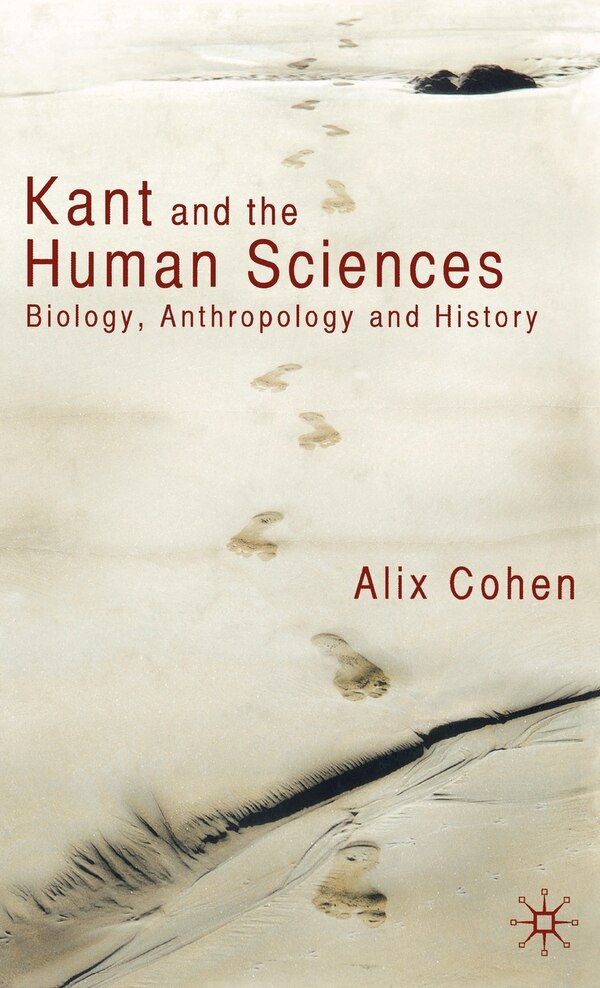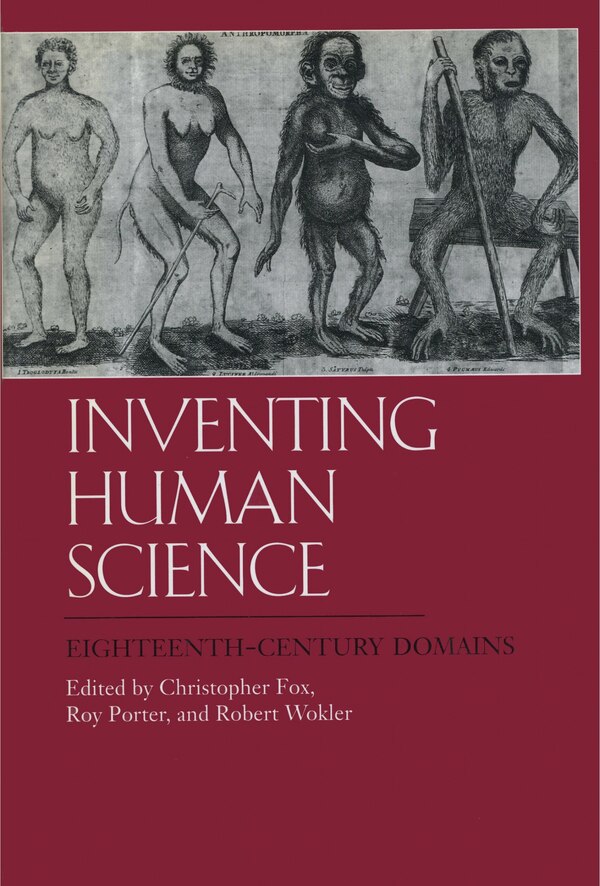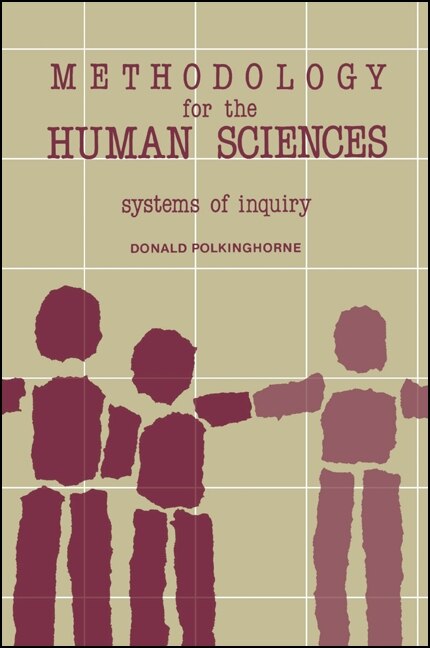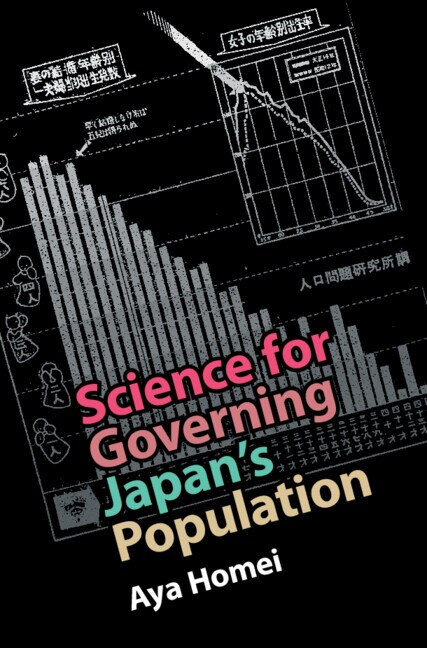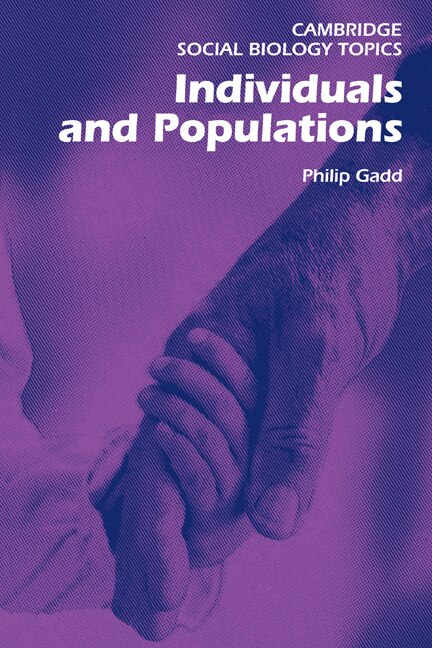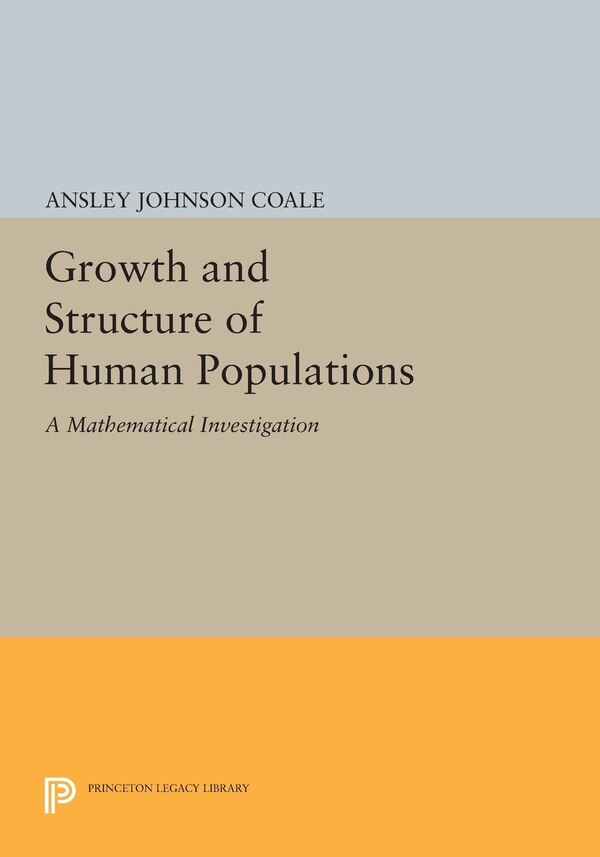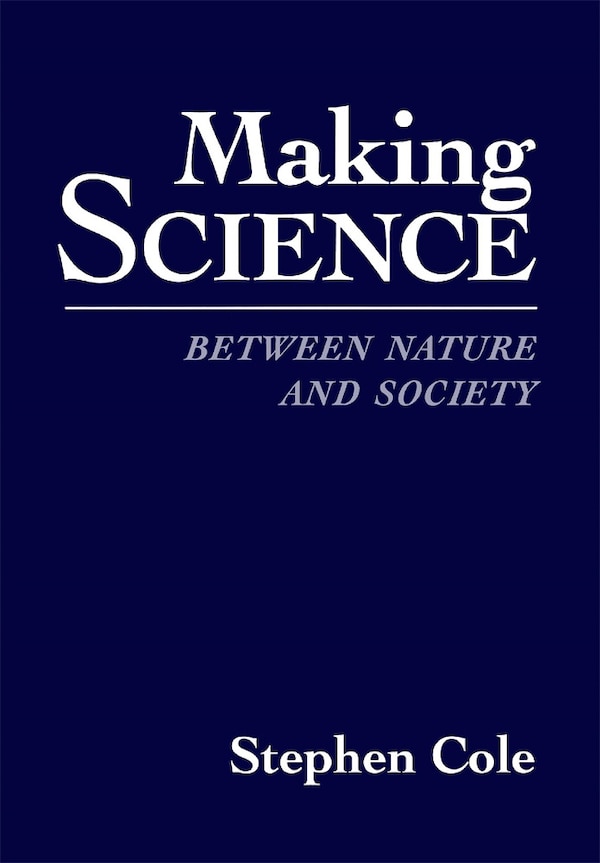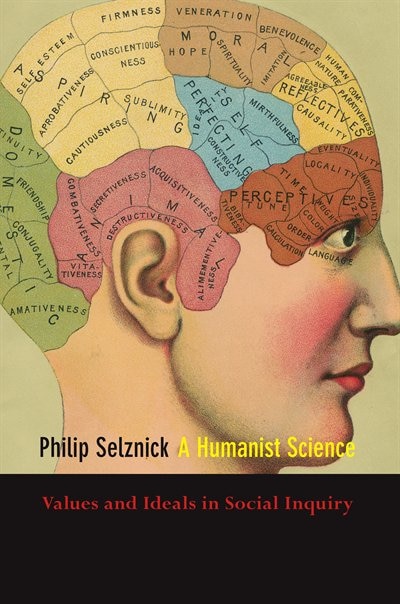
Gifting Made Simple
Give the Gift of ChoiceClick below to purchase a Bramalea City Centre eGift Card that can be used at participating retailers at Bramalea City Centre.Purchase HereHome
Population in the Human Sciences by Philip Kreager, Hardcover | Indigo Chapters
Coles
Loading Inventory...
Population in the Human Sciences by Philip Kreager, Hardcover | Indigo Chapters in Brampton, ON
From Philip Kreager
Current price: $215.50
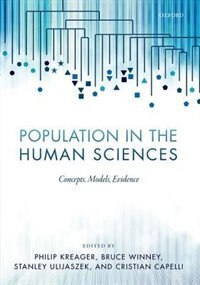
Coles
Population in the Human Sciences by Philip Kreager, Hardcover | Indigo Chapters in Brampton, ON
From Philip Kreager
Current price: $215.50
Loading Inventory...
Size: 40.06 x 246 x 1200
*Product information may vary - to confirm product availability, pricing, and additional information please contact Coles
The Human Sciences address problems in nature and society that often require coordinated approaches of several scientific disciplines and scholarly research, embracing the social and biological sciences, and history. When we wish, for example, to understand how some sub-populations and notothers come to be vulnerable, why a disease spreads in one part of a population and not another, or which gene variants are transmitted across generations, then a remarkable range of disciplinary perspectives need to be brought together, from the study of institutional structures, culturalboundaries, and social networks down to the micro-biology of cellular pathways, and gene expression. The need to explain and address differential impacts of pressing contemporary issues like AIDS, ageing, social and economic inequalities, and environmental change, are well-known cases in point. Population concepts, models, and evidence lie at the core of approaches to all of these problems, if only because accurate differentiation and identification of groups, their structures, constituents, and relations between sub-populations, are necessary to specify their nature and extent. The studyof population thus draws both on statistical methodologies of demography and population genetics and sustained observation of the ways in which populations and sub-populations are formed, maintained, or broken up in nature, in the laboratory, and in society. In an era in which research needs tooperate on multiple levels, population thinking thus provides a common ground for communication and critical thought across disciplines. Population in the Human Sciences addresses the need for review and assessment of the framework of interdisciplinary population studies. Limitations to prevailing postwar paradigms like the Evolutionary Synthesis and Demographic Transition were becoming evident by the 1970s. Subsequent decades havewitnessed an immense expansion of population modelling and related empirical inquiry, with new genetic developments that have reshaped evolutionary, population, and developmental biology. The rise of anthropological and historical demography, and social network analysis, are playing major roles inrethinking modern and earlier population history. More recently, the emergence of sub-disciplines like biodemography and evolutionary anthropology, and growing links between evolutionary and developmental biology, indicate a growing convergence of biological and social approaches topopulation. | Population in the Human Sciences by Philip Kreager, Hardcover | Indigo Chapters
The Human Sciences address problems in nature and society that often require coordinated approaches of several scientific disciplines and scholarly research, embracing the social and biological sciences, and history. When we wish, for example, to understand how some sub-populations and notothers come to be vulnerable, why a disease spreads in one part of a population and not another, or which gene variants are transmitted across generations, then a remarkable range of disciplinary perspectives need to be brought together, from the study of institutional structures, culturalboundaries, and social networks down to the micro-biology of cellular pathways, and gene expression. The need to explain and address differential impacts of pressing contemporary issues like AIDS, ageing, social and economic inequalities, and environmental change, are well-known cases in point. Population concepts, models, and evidence lie at the core of approaches to all of these problems, if only because accurate differentiation and identification of groups, their structures, constituents, and relations between sub-populations, are necessary to specify their nature and extent. The studyof population thus draws both on statistical methodologies of demography and population genetics and sustained observation of the ways in which populations and sub-populations are formed, maintained, or broken up in nature, in the laboratory, and in society. In an era in which research needs tooperate on multiple levels, population thinking thus provides a common ground for communication and critical thought across disciplines. Population in the Human Sciences addresses the need for review and assessment of the framework of interdisciplinary population studies. Limitations to prevailing postwar paradigms like the Evolutionary Synthesis and Demographic Transition were becoming evident by the 1970s. Subsequent decades havewitnessed an immense expansion of population modelling and related empirical inquiry, with new genetic developments that have reshaped evolutionary, population, and developmental biology. The rise of anthropological and historical demography, and social network analysis, are playing major roles inrethinking modern and earlier population history. More recently, the emergence of sub-disciplines like biodemography and evolutionary anthropology, and growing links between evolutionary and developmental biology, indicate a growing convergence of biological and social approaches topopulation. | Population in the Human Sciences by Philip Kreager, Hardcover | Indigo Chapters



